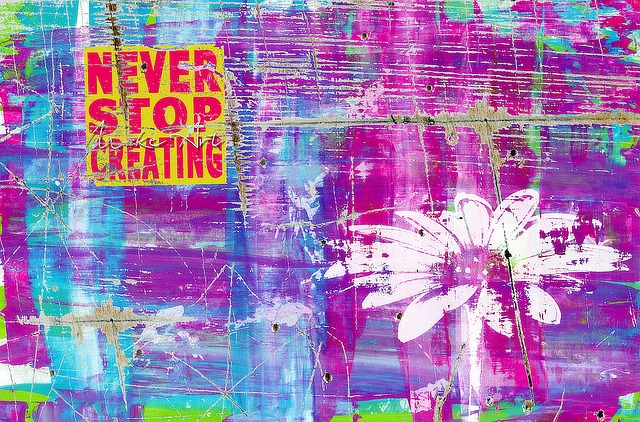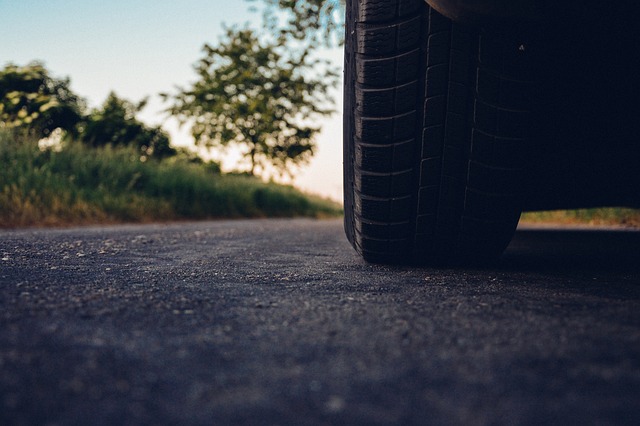This feels so good!
Today is publication day for The Day The Earth Turned Book 4: Spring, the fourth, and final installment in my YA post-apocalyptic/climate horror series.
It’s twice as exciting, because it’s not just the publication day for a book, it’s the completion of a series. I can now let it go (aside from marketing it) and believe me, that frees up so much space and energy in my head for other books.
I will kiss it a fond goodbye and move on, and there is so much screaming for my attention right now!
The Day The Earth Turned series started as an idea when I was very, very angry. It was about five years ago when we found out the land directly behind us was earmarked to be developed. Our landlord owns that land and a lot of land in this area, and for many years, it had been quarried. The diggers moved around from field to field, digging it up for sand, then letting it all go wild again.
When we first moved in, fourteen years ago, the land behind us was a field used for horses. There is a strip of woodland down the middle, and on the other side, more fields which were used for growing corn or wheat. Not long after we moved in, they quarried the fields right behind us. It was sad at the time to see the grass torn up, but grass does grow back quickly, and once the job was done, that’s exactly what happened. Now, years later, it’s a beautiful field surrounded by hedges and trees, and the best spot to watch the sun go down.
We often watch deer out there and when the centre floods in the winter, we get ducks and geese on the water and the sunsets are even more spectacular.
Needless to say, we were horrified by the thought of them building on it. They have now reached the last plot to be quarried and after that, the whole area is up for grabs. The landowner has made millions out of allowing it to be quarried for so long, but he obviously wants to keep milking it for more money. Rich people are just never rich enough, right?
The first idea put forward by various developers who started circling like sharks, was a fake water lagoon. It would involve digging up all the fields, pouring concrete over them and constructing a huge water park tourist attraction. Goodbye deer, badgers, rabbits, hares, voles, shrews, weasels, stoats and all the other wildlife we have spotted there over the years…
There were instant objections – the roads around here are not built to cope with that many visitors and during a local parish meeting, the council admitted that our lanes (narrow hedge-lined country lanes that loop around this land) would have to be widened to allow more vehicles and prevent the main road becoming even more congested.
I wept. I really did. Our lanes are lined with mature hedges and beautiful ancient oak trees. Like the fields behind them, they provide homes and food for so much wildlife.
I’d walk the lanes with my dogs, my eyes filling with tears as I imagined the pointless destruction. We live less than ten minutes from the beach, for Christ’s sake. Why does anyone need a fake lagoon?
The answer is, we don’t.
But people have to make money out of land, right? It can’t possibly be rewilded, left to nature, left to provide vital habitats for one of the most nature-depleted countries in the world!
Ugh. It sickened me and it still does. The good news is, another water park with a very similar design has just been approved not far from here, so there is no way now this one will go through. That just means they’ll decide to build something else on it though.
For now, it’s safe. The deer can roam through the copse and the badgers can frolic in the moonlight. For now, it’s left alone.
When we heard about the development plans, I started thinking, if only nature could fight back! If only the wildlife could develop a higher state of consciousness, thought even. They would be full of rage. They would hate us. If Mother Nature was a conscious entity, she would want revenge. She would want to cull us.
And that’s where the idea came from.
I imagined the world, the earth itself, turning on us. It would start with the adults as they’ve got the most blood on their hands. It would wipe them out with multiple pandemics, and along with that, animals and plants would start attacking us and killing us to save themselves.
I wanted to write a post-apocalyptic story and I thought it would be far more interesting if all the adults were killed and only the children were left.
How would they survive without the adults? Without food and resources, without transport, without school, without law, without medicine? Would they turn on each other or pull together? Would they be able to figure out a better way to live on this earth?
I knew early on that I wanted the animals to have their say and that’s why there are often chapters from the point of view of an animal or bird.
It wasn’t easy to write. It never is when I get the concept and plot before the characters. Notes, ideas and character bios started being added to a notebook about five years ago, and eventually that became a bigger notebook once I started writing it. It was in past tense at one point and then I switched it to present. That was tedious!
But overall, I am incredibly proud of this series. The reviews are so positive. It really seems to strike a chord with people. I hope readers enjoy the ending!
And as for seeing these characters again in the future, I’ll just say, never say never! There is a part of me that is very curious about what happened next….
But right now, there are three more books waiting to be polished up and published!
Thank you to everyone who has supported this series. From my wonderful beta readers, arc readers, fellow authors and bloggers, and to my wonderful editor/proofreader who is an absolute star. I am so grateful to you all. The indie community is a wonderfully welcoming and supportive one. Thank you also to my son, Dylan for designing the front covers for me! They’re perfect!
Here’s the series link if you’re curious about diving in and finding out what happens to young people without adults when the very land beneath their feet is turning on them: https://www.amazon.co.uk/dp/B0CBW3D8VL?binding=kindle_edition&ref=dbs_dp_rwt_sb_pc_tkin



